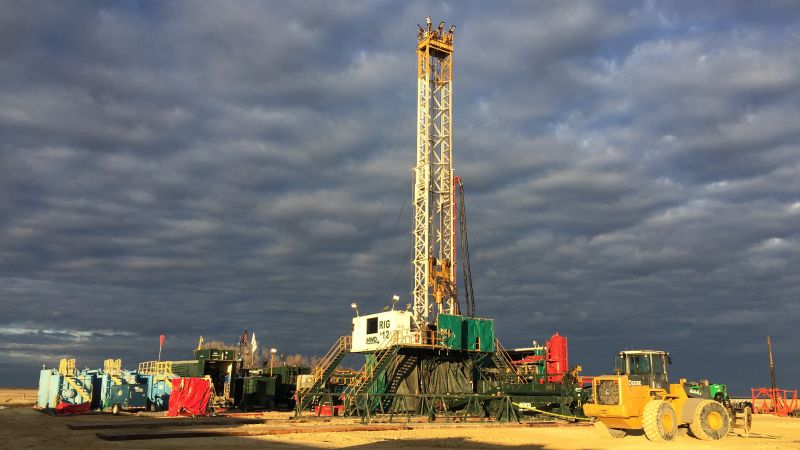Scientists Discover Massive Reserves of White Hydrogen Underground
When two French scientists began exploring for fossil fuels in northeastern France, they made an unexpected discovery that could revolutionize efforts to combat the climate crisis. Jacques Pironon and Phillipe De Donato, directors of research at France’s National Centre of Scientific Research, were using a specialized probe to assess methane levels in the Lorraine mining basin. As they went deeper underground, they found increasing concentrations of hydrogen, indicating the presence of a large hydrogen reservoir. Calculations estimate that the deposit could contain between 6 million and 250 million metric tons of hydrogen, making it one of the largest ever discovered.
The find has sparked heightened interest in “white hydrogen,” also known as “natural,” “gold,” or “geologic” hydrogen. White hydrogen is naturally produced or present in the Earth’s crust and offers a clean energy source as it only produces water when burned. Industries like aviation, shipping, and steel-making, which require massive amounts of energy, find white hydrogen appealing because renewables like solar and wind cannot provide sufficient energy. Currently, commercial hydrogen production heavily relies on fossil fuels, but white hydrogen presents an untapped source of clean-burning energy.
Scientists previously believed that large accumulations of hydrogen were not possible, and their interest in white hydrogen was piqued by an incident in the West African country of Mali. In 1987, an explosion occurred in a water well, resulting in burns for a driller. When the well was later examined, it was found to be producing a gas that was 98% hydrogen. This discovery challenged existing beliefs and spurred further research into the existence of white hydrogen.
White hydrogen deposits have since been discovered throughout the world, including in the US, eastern Europe, Russia, Australia, Oman, France, and Mali. However, the formation of natural deposits is still somewhat uncertain. Geologists have primarily focused on “serpentinization,” where water reacts with iron-rich rocks, and “radiolysis,” which is the breakdown of water molecules driven by radiation. While there could be tens of billions of tons of white hydrogen globally, it is likely that most deposits are small or located in economically impractical areas.
Nevertheless, the prospect of white hydrogen has generated excitement among startups working to develop the technology. Companies like Gold Hydrogen and Koloma are actively drilling and conducting tests to bring white hydrogen into commercial production. While regulatory challenges and costs remain obstacles, these startups remain optimistic about achieving commercialization within a few years.
The discovery of massive natural reserves of white hydrogen underground represents a significant step forward in the pursuit of clean energy and offers hope for a future reliant on sustainable fuel sources.


